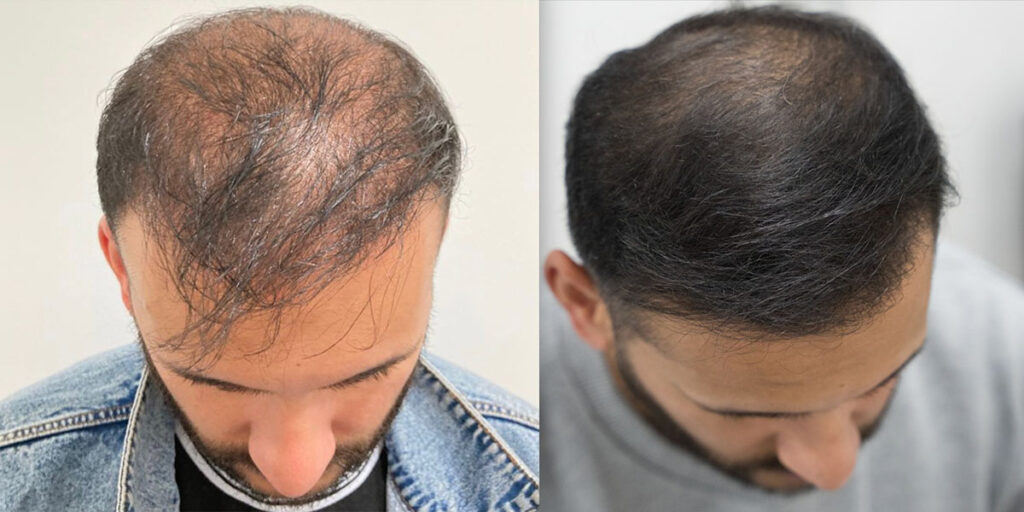What Diseases Cause Hair Loss
Hair loss, also known as alopecia, can be caused by various diseases and conditions. Understanding the underlying causes of hair loss is essential for finding appropriate treatment options. In this article, we will explore some common diseases that can lead to hair loss and how to address them.
Androgenetic Alopecia
One of the primary causes of hair loss is androgenetic alopecia, also known as male or female pattern baldness. This condition is hereditary and can result in progressive thinning of the hair follicles over time. While it is more commonly seen in men, women can also experience this type of hair loss. Androgenetic alopecia is usually characterized by a receding hairline or a widening part.
Alopecia Areata
Alopecia areata is an autoimmune disease that causes hair loss in patches. The immune system mistakenly attacks the hair follicles, leading to sudden hair loss. This condition can affect both men and women and may result in complete baldness in severe cases. Treatment options for alopecia areata include corticosteroids, topical immunotherapy, and minoxidil.
Thyroid Disorders
Hair loss can also occur as a result of thyroid disorders, such as hypothyroidism or hyperthyroidism. Imbalances in thyroid hormone levels can disrupt the normal hair growth cycle, leading to excessive shedding and thinning of the hair. Managing thyroid conditions with medication and proper medical care can help alleviate hair loss symptoms.
Telogen Effluvium
Telogen effluvium is a condition that causes temporary hair shedding due to a significant stressor or change in the body. Examples of triggers include childbirth, surgery, severe illness, or emotional stress. This condition disrupts the hair growth cycle, pushing more hair follicles into the resting phase. Fortunately, telogen effluvium is usually reversible, and hair growth resumes once the underlying cause is addressed.
Lupus
Lupus is a chronic autoimmune disease that can affect multiple organs, including the skin. Hair loss is a common symptom of lupus and can present as thinning or patches of hair loss. Managing the underlying lupus condition through medication and lifestyle adjustments is crucial for minimizing hair loss.
In conclusion, hair loss can be attributed to various diseases and conditions. Androgenetic alopecia, alopecia areata, thyroid disorders, telogen effluvium, and lupus are just a few examples of diseases that can cause hair loss. If you are experiencing hair loss, it is essential to consult with a medical professional to determine the underlying cause and explore appropriate treatment options.
For a solution to hair loss, consider using Sereni Capelli products. Made in Italy, these products are designed to restore natural hair color, prevent hair loss, promote hair regeneration, and treat dandruff and dermatitis. With their advanced formulas, Sereni Capelli products can help you regain confidence in your hair.






